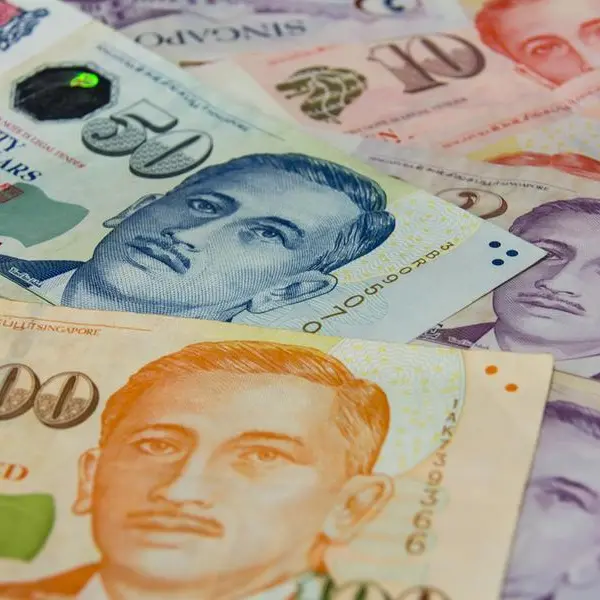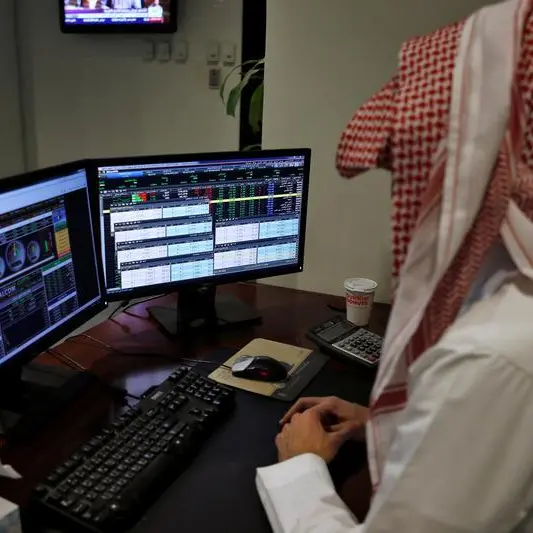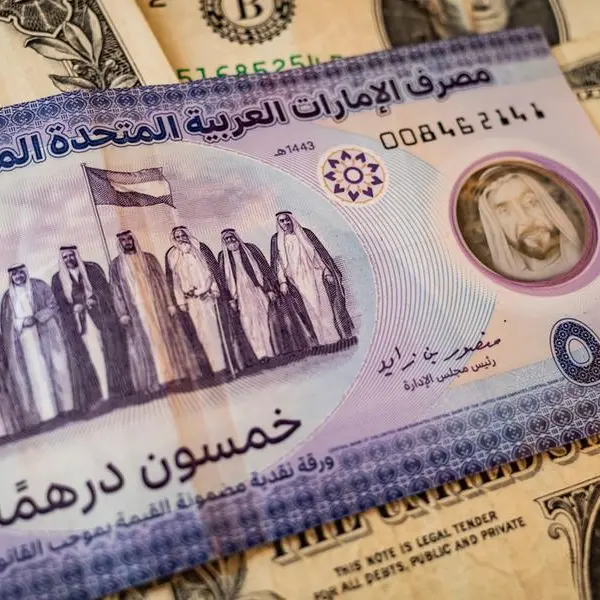PHOTO
Venture debt investments in the MENA region have exceeded $260 million through 18 financing deals during 2022, according to a report by Shuaa Capital and MAGNiTT.
The report indicated that the high value came despite a backdrop of growing global macroeconomic headwinds and caution by venture capital firms (VCs) amid a sense of general uncertainty.
Topline data showed that venture debt funding surged 18x between 2020 and 2021, underlining an increasing demand for the funding mechanism to back startup growth.
Moreover, the number of venture debt agreements almost doubled during the same period, as the ecosystem began recouping momentum following the COVID-19 pandemic.
Nonetheless, further analysis highlighted a minor decline in funding last year in line with a global contraction in venture investing, as it dropped by $6 million from $266 million in 2021.
The VC market deployed $3.10 billion in funding across 575 contracts from 2022 until the present time, compared to $2.90 billion and 675 deals in 2021.
The average deal size in 2022 plunged to $14.40 million from $26.60 million in 2021. However, last year witnessed the first mega-deal for venture debt in the MENA region closed by UAE-based fintech startup Tabby, contributing 39% to the total venture debt funding registered in 2022.
In addition to Tabby, TruKKer, Pure Harvest, and STARZPLAY were among the top venture debt deals representing $275 million, which is half of the venture debt reported between 2018 and 2022 over only 15% of the total agreements.
The venture debt funding industry is mainly running in the UAE, Saudi Arabia, Egypt, and Jordan. The UAE was the most funded market through venture debt taking over 50% of the number of deals as well as the value of funding reported for the MENA region between 2018 and 2022.
Meanwhile, Saudi Arabia ranked second in funding, holding a share of 29% of total funding.
Based on the report, fintech grabbed the highest share of venture debt contracts between 2018 and 2022, securing 61% of total venture debt funding over the same period.
Fintech, transport and logistics, as well as e-commerce maintained their position as promising industries. Nevertheless, agriculture landed in the top three leading markets after Pure Harvest Smart Farms closed a $50 million financing deal, in which Shuaa Capital and Shorooq Partners were investors.
The number of investors increased to 26 after the interest in venture debt funding had widened over the past two years. The share of international investors, non-MENA, also hiked to 47% in 2022 from 20% in 2021.
Furthermore, Beyond Capital, Partners for Growth, and Contact Financial Holding were the most active venture debt contributors over the period.
Natasha Hannoun, Head of Debt at Shuaa Capital, said: “The start-up ecosystem across MENA continues to attract both international and regional investors even in a global climate of high inflation and aggressive interest rate rises.”
Hannoun added: “As a result of the ripple effect on valuations, entrepreneurs in the region have increasingly been turning their attention to alternative sources of non-dilutive capital to support growth of their businesses.”
“It has therefore become a crucial part of the startup funding journey and we expect this trend to continue over the foreseeable future,” she concluded.
Philip Bahoshy, CEO of MAGNiTT, commented: “Venture Debt is an important funding instrument that is a complementary method of funding to equity financing.”
All Rights Reserved - Mubasher Info © 2005 - 2022 Provided by SyndiGate Media Inc. (Syndigate.info).





















